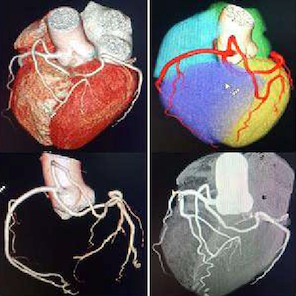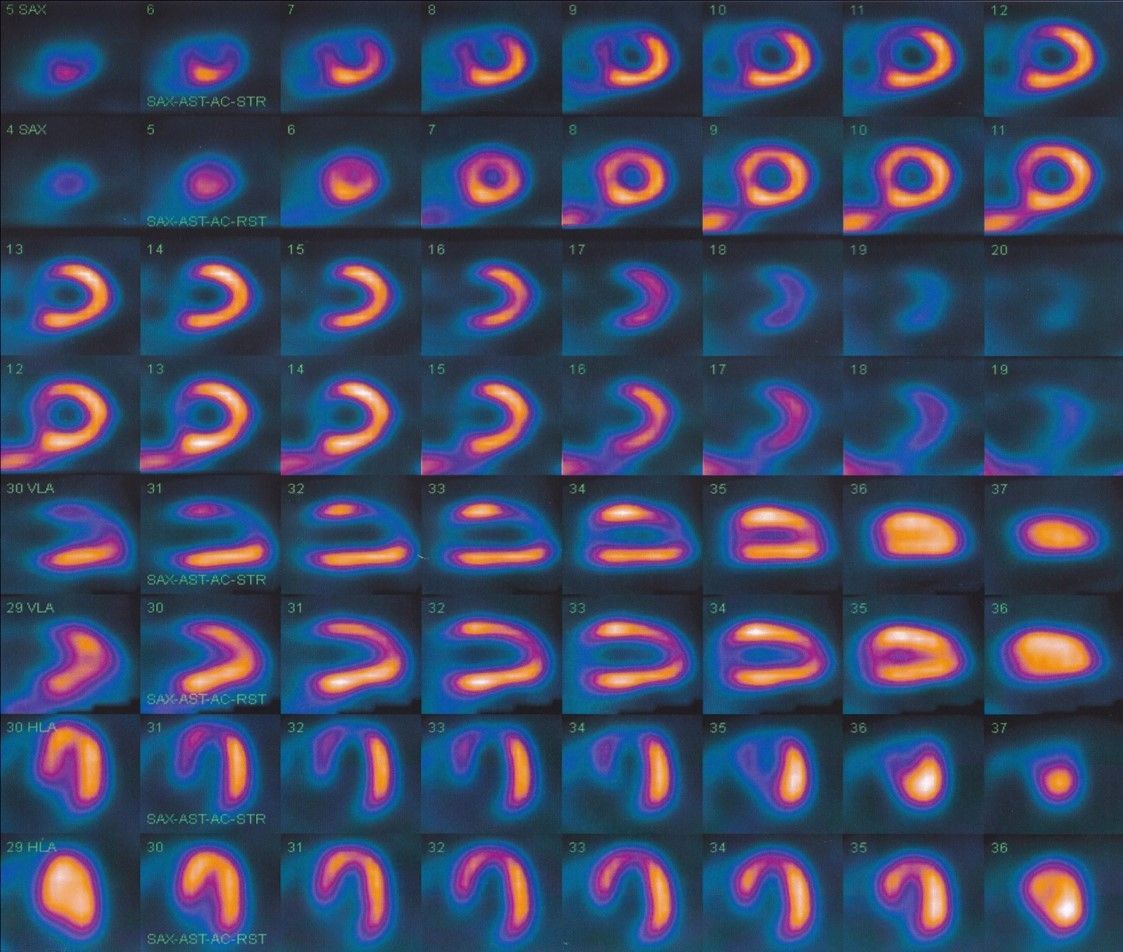stress mibi scan

What is a Stress MIBI Scan?
A Stress MIBI Scan, also known as a Myocardial Perfusion Scan, is a nuclear medicine imaging test used to evaluate blood flow to the heart muscle both at rest and during stress.
The scan uses a small amount of a radioactive tracer, such as Technetium-99m sestamibi (MIBI), which is injected into a vein and absorbed by the heart tissue. A special gamma camera captures images of how well blood flows through the heart under different conditions.
The test typically involves two sets of images:
- Resting Scan – The patient is injected with the tracer while at rest, and images are taken to assess blood flow to the heart in a non-stressed state.
- Stress Scan – The patient undergoes either exercise stress (on a treadmill) or pharmacological stress (using medication that mimics exercise effects) before another tracer injection and imaging.
Who is Suitable for a Stress MIBI Scan?
A Stress MIBI Scan is recommended for patients who:
- Have chest pain or symptoms that suggest reduced blood flow to the heart.
- Have known coronary artery disease (CAD) and need evaluation of disease severity.
- Are undergoing risk assessment before major surgery, especially those with a history of heart disease.
- Have experienced unexplained shortness of breath or exercise intolerance.
- Have abnormal ECG results that require further investigation.
- Have previously had heart attacks and need assessment of heart function and damaged areas.
- Are undergoing follow-up after procedures like coronary angioplasty (stent placement) or bypass surgery.
This test is particularly beneficial for individuals with risk factors for heart disease, such as:
- High blood pressure
- Diabetes
- Smoking history
- High cholesterol
- Family history of heart disease
- Obesity
- Sedentary lifestyle
Benefits of a Stress MIBI Scan
A Stress MIBI Scan provides several advantages in diagnosing and managing heart conditions:
- Non-invasive and Safe – The test requires only an intravenous injection of the tracer, avoiding the need for surgical procedures.
- Early Detection of Coronary Artery Disease (CAD) – Identifies blockages or reduced blood flow before a heart attack occurs.
- Guides Treatment Decisions – Helps doctors determine whether a patient needs lifestyle changes, medications, stents, or surgery.
- Assesses Heart Function – Measures how well the heart pumps blood and detects areas of muscle damage from previous heart attacks.
- Monitors Post-Treatment Recovery – Evaluates how well blood flow improves after interventions like stents or bypass surgery.
- Differentiates Between Cardiac and Non-Cardiac Chest Pain – Helps determine if symptoms are related to heart disease or other conditions like musculoskeletal pain or acid reflux.
Conditions Diagnosed by a stress mibi scan
A Stress MIBI Scan is primarily used to diagnose and assess coronary circulation and heart muscle function conditions. These include:
- Coronary Artery Disease (CAD)
- Myocardial Infarction (Heart Attack)
- Ischemic Heart Disease
- Cardiomyopathy (Weak Heart Muscle)
- Silent Ischemia (No-Symptom Heart Disease)
- Post-Intervention Assessment
What Further Information Can a Stress MIBI Scan Show?
A Stress MIBI Scan provides detailed insights into heart function and circulation. Some of the additional information it can reveal includes:
- Extent of Blood Flow Impairment
- It shows how well blood reaches different areas of the heart muscle.
- Can detect small blockages that may not yet be causing symptoms.
- Heart Function Assessment (Ejection Fraction – EF)
- Measures how much blood the heart pumps with each beat.
- Helps diagnose conditions like heart failure or cardiomyopathy.
- Differences Between Reversible & Permanent Heart Damage
- Reversible ischemia suggests that a heart muscle area is at risk but can still be saved with treatment.
- Permanent damage (scar tissue) from a previous heart attack indicates irreversible damage.
- Heart’s Response to Stress
- Determines if the heart receives enough oxygen when under exertion.
- Differentiates between normal heart response and abnormal stress-induced ischemia.
- Effectiveness of Previous Treatments
- Helps assess if treatments like angioplasty (stents), bypass surgery, or medications improve heart function.
- Silent Ischemia (Heart Disease Without Symptoms)
- Some individuals, particularly diabetics, may have poor blood flow without experiencing chest pain.
- The scan can detect this issue early, allowing for preventive treatment.
Preparation for a Stress MIBI Scan
Some heart and blood pressure tablets may interfere with the stress test, and these tablets shouldn't be taken on the morning of the test, but please ask your doctor if this is acceptable. Have a light breakfast on the morning of the test. If you’re a diabetic, take half of your insulin or tablet on the morning of the test. The exercise test is performed on a bicycle, so please bring comfortable clothing. Please bring all your medications with you, as they can be taken once the exercise has concluded. The test will take 5 hours.
What if I am pregnant?
Please inform the doctor or the technologist if there is a chance you are pregnant or breastfeeding.
Stress MIBI Scan Procedure
When you arrive, you are given a small injection of sestamibi into a vein in your arm. The injection has no side effects, and you will not feel tired or dizzy. You can drive a car after the injection. There is a 45-minute delay until the first part of the scan.
For the scan, you lie on the bed while pictures of your heart are taken. This process takes about 15 minutes.
Afterwards, there is a 2-3 hour break until he takes the exercise test. During this time, you can do what you like and drink water or milk. No food is allowed.
After the break, the exercise test is performed. This is performed on an exercise bike, where you can fully monitor your heart and blood pressure, and a cannula is placed in one of your arm veins. You pedal on the bike as long as you can until you reach your maximum heart rate. At that time, you are given the second injection of sestamibi through the cannula. This is the same as the first injection. A small risk of serious side effects from exercise is present in about 1 in 5000 people.
After the exercise, you can have lunch and take your medications. You will be given time to return for the final picture set.
What to Expect After a Stress MIBI Scan?
Most patients can resume normal activities after the test, but some important considerations exist.
Is it painful and are there any side effects?
No. The injection does not cause side effects or reactions. It does not contain iodine and is, therefore, safe for people allergic to radiological contrast injections. Although you must remain still during the scan, the procedure is painless.
Immediate Aftercare
- You may feel tired or lightheaded briefly after the test, especially if you exercised.
- If you received a medication-induced stress test, you might experience mild side effects like flushing, nausea, or shortness of breath, which usually resolve quickly.
- Drink plenty of water to help flush out the radioactive tracer from your system.
- Avoid heavy meals immediately after the scan if you feel unwell.
Returning to Normal Activities
- Driving – If you had a pharmacological stress test, you may need to wait an hour or two before driving.
- Work & Daily Routine – Most people can return to work the same day unless they feel too tired.
- Exercise & Medication – Follow your doctor’s instructions regarding when to resume normal workouts and medications.
When to Contact a Doctor
Call your doctor or seek medical attention if you experience:
- Severe chest pain or worsening shortness of breath.
- Dizziness or fainting that does not improve.
- Allergic reactions (swelling, rash, or breathing difficulty).
How Long Until Results Are Available?
- A nuclear medicine specialist or cardiologist reviews the images.
- Results will be available the following day after 2pm.
- Your doctor will discuss the results with you, including any further tests or treatments needed.
Stress MIBI Scan Prognosis
A Stress MIBI Scan provides crucial information about heart health and blood flow, helping doctors diagnose and manage coronary artery disease (CAD), ischemia, and previous heart damage. The prognosis depends on the scan results and the severity of the condition detected:
- Normal Stress MIBI Scan: A normal result means the heart has good blood flow at rest and during stress.
- Mild Abnormalities (Reversible Ischemia): Suggests narrowed coronary arteries, but the heart can still compensate.
- Severe Abnormalities (Fixed Defects or Extensive Ischemia): Indicates significant blockage in coronary arteries or permanent heart muscle damage.
- High-Risk Findings: If the scan shows large areas of the heart with poor blood flow, urgent intervention is needed.
Regular follow-ups and lifestyle changes can improve heart health and outcomes, even in patients with significant disease.
Stress MIBI Scan Risks
A Stress MIBI Scan is generally safe and well-tolerated, but like any medical test, there are some potential risks:
Risks Related to the Radioactive Tracer
- The amount of radiation exposure is low and considered safe, similar to other imaging tests, such as X-rays and CT scans.
- Allergic reactions are rare but can occur in sensitive individuals.
- The radioactive tracer is eliminated from the body naturally through urine over the next 24–48 hours.
Risks of the Stress Test (Exercise or Medication-Induced)
- Exercise Stress Risks:
- Temporary shortness of breath, dizziness, chest pain, or irregular heartbeat (arrhythmia).
- In rare cases, severe angina (chest pain) or a heart attack may occur, especially in high-risk individuals.
- Pharmacological Stress Risks (Medication-Induced Stress Test):
- Some patients experience flushing, headache, nausea, or palpitations.
- Severe allergic reactions to the medication are very rare.
- The effects wear off quickly after the test.
Risks Related to IV Injection
- Mild pain or bruising at the injection site.
- Very rare risk of infection at the IV site.
What If a Stress MIBI Scan is Delayed?
Delaying a Stress MIBI Scan can have serious consequences, especially for patients with symptoms of coronary artery disease (CAD). For High-Risk Patients (History of Heart Disease, Diabetes, Previous Heart Attack), a timely scan is crucial for early intervention. Delaying the test may result in irreversible heart muscle damage.
Stress MIBI Scan Costs
Bulk billed. No out-of-pocket cost.




